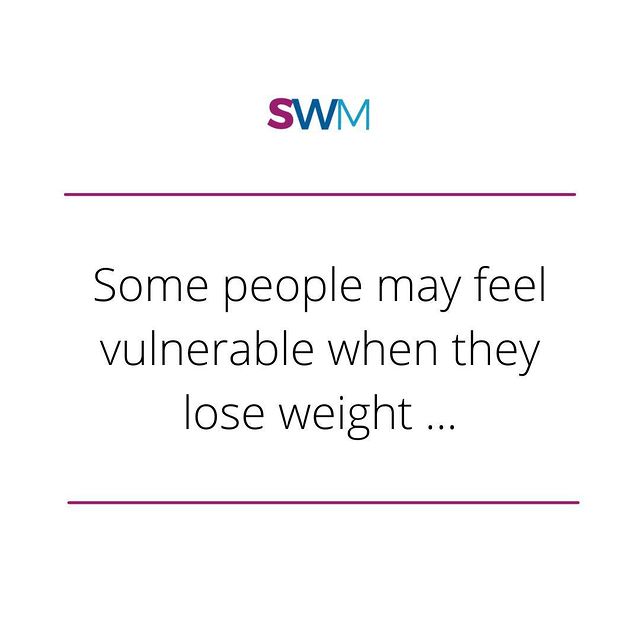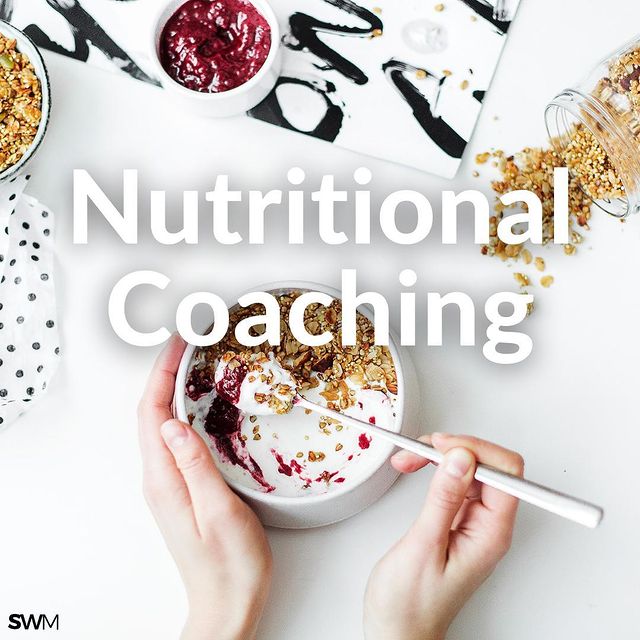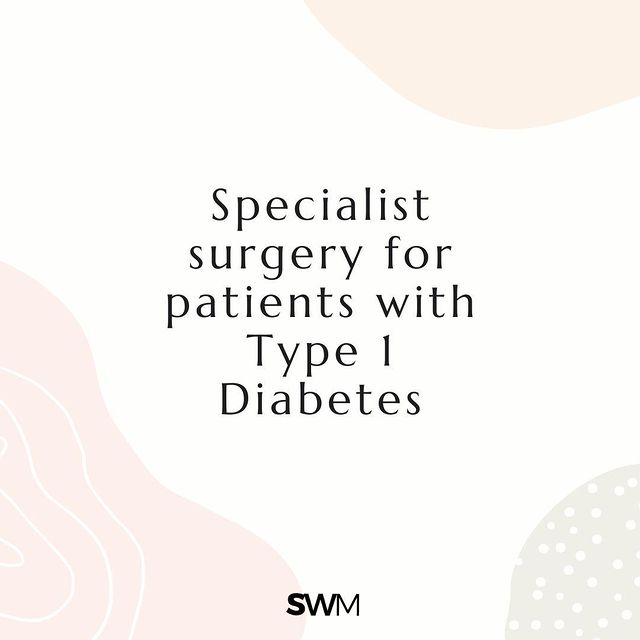Psychological Weight Loss Services
PSYCHOLOGICAL TREATMENT FOR WEIGHT LOSS
If you are considering bariatric surgery, you may be exploring psychological weight loss therapy as well.
Some of our patients choose this option ahead of surgery, so they feel confident they have worked through, what can often be life-long, food issues.
Some patients find that a deeper weight loss therapy, with our experienced psychotherapy team, can unlock what has always been stuck for them with their weight and eating, meaning surgery is no longer required.
We offer different treatment options, depending on your needs, to help you achieve long-term weight loss and optimise your wellbeing.
Our experienced team of counsellors and psychotherapists can support you in redefining your relationship with food and eating:
- Resolving unhelpful habits and beliefs around food and eating
- Understanding the emotions you may associate with food
- Building self-esteem and confidence
- Exploring the origins of unhelpful thinking patterns, feelings and behaviours
- Processing experiences or events from our past that have influenced our relationship with food
- Promoting emotional resilience and regulation, and finding ways to cope with difficult situations
- Creating healthy habits and a positive balanced mindset
MAKE AN INFORMED DECISION ABOUT WEIGHT LOSS
Speak with our friendly assessment team, and let us answer any questions you have about non-surgical weight loss treatment
PSYCHOLOGICAL FACTORS IN WEIGHT LOSS
Sometimes our relationship with food and eating can affect our weight loss journey and hold us back from achieving our goals. Below are some of the most common psychological factors involved in weight issues.
Inner Critical Voice
Over time, we may have developed an inner critical voice, which tells us that we are useless, worthless and will never succeed in losing weight. We may think to ourselves ‘what is the point?’ and lose motivation to achieve our goals.
This inner critical voice might cause us to self-sabotage attempts to lose weight. We may find ourselves overeating on sugary foods, or eating secretly away from other people. This forms a vicious cycle of self-loathing, moving us further away from our weight loss goals.
Emotional Eating
Stress, anxiety and low mood can affect our food choices. After a difficult day at work, or an argument with a loved one, we may find ourselves comfort eating. We may choose to eat foods that soothe us, such as cakes, biscuits and sweets.
Emotional eating can make us feel ‘numb’ or ‘happy’ in the short-term, but inevitably leads to feelings of guilt and shame, and the emotions we wanted to avoid feel more challenging and overwhelming.
Low Self-Worth & Shame
Core beliefs that tell us we are bad and worthless, will result in the manifestation of situations in life to prove and reinforce these beliefs.
You may have developed a disordered relationship with food through a cycle of low self-worth and shame, and food is again used to soothe.
Feelings of anger, sadness, and badness can combine into a deep-rooted feeling of shame. With this comes a sense of worthlessness.
Weight gain can sometimes be a way of showing the world ‘I am worth nothing, stay away, because I am bad’.
Neglect
When parents are busy with work, or they lack adequate parenting skills, or they struggle to cope with little money and a large family, the result can often feel like neglect to a child.
When a child does not experience being seen or heard, their emotional difficulties are not understood, and they are left with a psychological hunger for attention.
Their emptiness for love, recognition and acceptance may often be filled with food. This hurt and rejection is often defended against with a need to please others and to be perfect.
In the present day, an overweight individual may be an overachiever who is a perfectionist at work and puts others’ needs before their own. Their needs are still not met, and food continues to fill the emptiness they feel within.
Trauma
When we are faced with a traumatic event, the initial blast of shock is compounded with a tsunami of chaotic emotions. Life has thrown us a swerve ball that knocks us off our feet.
If we already use food as a comfort, then in moments of trauma and shock we can easily lean on a known mechanism that makes us feel better.
Food becomes a distractor, and a soother, often resulting in feelings of guilt and shame about eating, leaving the traumatic experience unresolved.
Body Image
Our earliest experiences of our body stay with us, and become the foundation blocks of how we see ourselves in the world.
Name calling by parents, bullying by vicious kids at school and moments where a child feels humiliated and embarrassed about their size all feed into an unhealthy and destructive body image.
Core beliefs about being fat, ugly and unattractive permeate and cut through time. Futile attempts at dieting and weight loss do not match the underlying core beliefs of being fat and large, which often results in binge eating and self-sabotage.
Rules, Discipline, Control & Rebellion
A balance of discipline, guidance and nurturing is optimal in supporting the healthy development of a child.
When there is too much discipline and control, manifesting as rigid and inflexible rules, the child will for a time adapt and do what they are told, but eventually they explode and rebel against the authority figure.
In the present day, an overweight person may have internalised the critical voice of their parent figure and the strict rules of their upbringing.
This results in futile attempts to go on strict diets, which are quickly broken, as the child within has already learnt to rebel against strict rules.
MAKE AN INFORMED DECISION ABOUT WEIGHT LOSS
Speak with our friendly assessment team, and let us answer any questions you have about non-surgical weight loss treatment
HOW OUR WEIGHT LOSS THERAPY WORKS
Counselling and Psychotherapy is about providing you with a supportive relationship to help you create change.
This section describes how we provide weight loss therapy at WeightMatters, and gives you an idea of what to expect.
Getting Started
We value creating a personal therapy that is tailored to your specific needs and requirements.
When behaviours around food, eating and exercise feel out of control, and your head is spinning with anxiety about your weight and body image, knowing where or how to start therapy can feel confusing and hopeless.
It can take a lot of courage to make contact, and we want to support you through the first step of getting in touch.
Making An Enquiry
You can complete one of our website forms, call us or send us an email. One of the team will contact you to arrange a 10-15 minute call.
We will listen to your story to understand what you want to get from therapy. We will ask if you have a preference for a particular therapist, the times you are available and the budget you are working with.
Together we will explore options to find a therapist that is the best fit for you, and arrange the next step of the process.
Free 30-Minute Session
Experience tells us that good rapport between client and therapist is essential for successful therapy, and that’s why we ask you to come and meet a therapist for a free 30 minute session.
You get a chance to meet and describe the changes you are looking for, and your therapist will explain how individual therapy can best work for you.
Together you can then decide if working together feels right.



